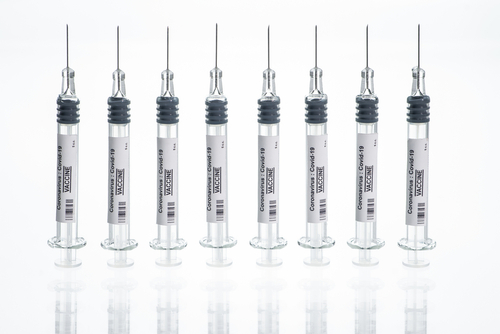
The National Institutes of Health kicked off a large, phase three clinical trial last week to chart the safety and efficacy of three modulator drugs being considered for use on patients hospitalized with COVID-19.
The three drugs to be used are Janssen Research & Development, LLC’s infliximab (REMICADE), Bristol Myers Squibb’s abatacept (ORENCIA), and AbbVie’s Cenicriviroc (CVC). These were selected from a pool of more than 130, based on their relevance to COVID-19 and strong evidence for use against both inflammatory reaction and cytokine storm, among other factors.
Cytokine storm is inflammation that occurs as a result of an excessive immune response among some COVID-19 patients. It can cause acute respiratory distress syndrome, multiple organ failure, and other life-threatening complications. However, NIH wants to determine if balancing this immune response could reduce the need for ventilators and shorten hospital stays, and it is using its ACTIV-1 Immune Modulators trial to investigate.
“This is the fifth master protocol to be launched under the ACTIV partnership in an unprecedented timeframe, and focuses efforts on therapies that hold the greatest promise for treating COVID-19,” NIH Director Francis Collins said. “Immune modulators provide another treatment modality in the ACTIV therapeutic toolkit to help manage the complex, multi-system conditions that can be caused by this very serious disease.”
The trial will be randomized and placebo-controlled, with an adaptive master protocol that will allow for greater coordination and efficiency in evaluating these drugs. Those that show no effectiveness will be weeded out so others could, potentially, take their place. To test, approximately 2,100 hospitalized adults with moderate to severe COVID-19 cases in U.S. and Latin American medical facilities will be enrolled. It should last around six months, with results to be made available shortly after.
The trial will study different combinations of treatment regimens, with attention paid to illness severity, recovery speed, mortality, and hospital resource utilization. NIH will coordinate the trial through the National Center for Advancing Translational Sciences, and it will be supported with funding from the Biomedical Advanced Research and Development Authority.




